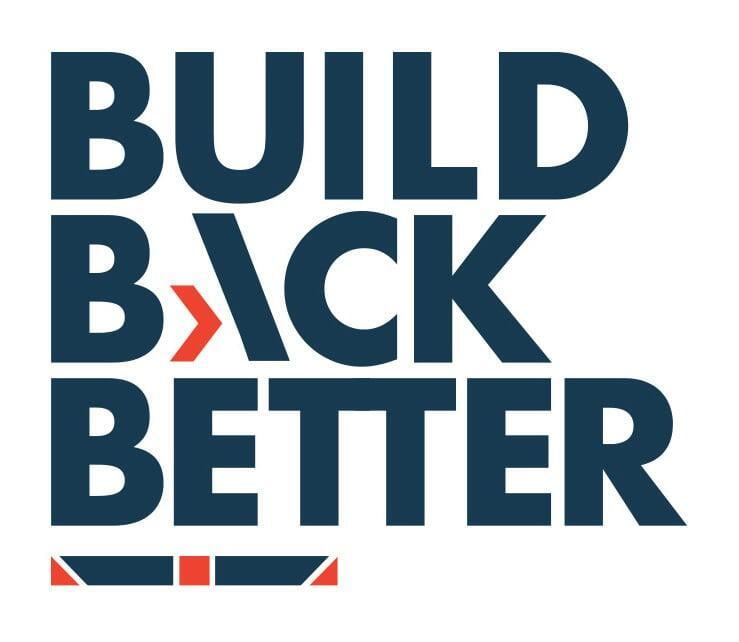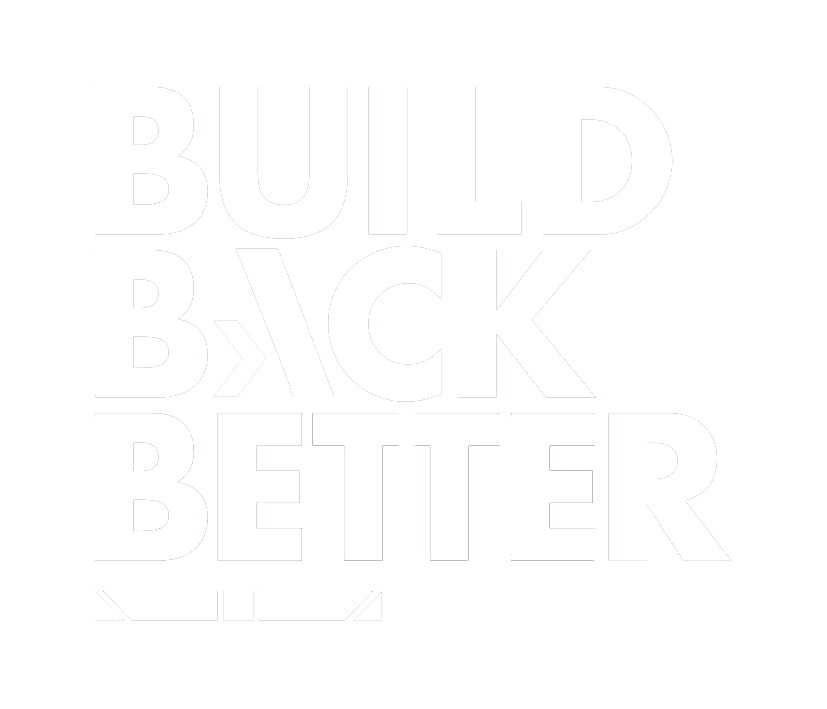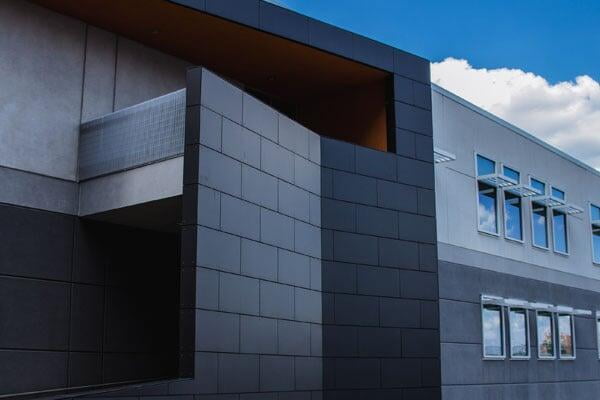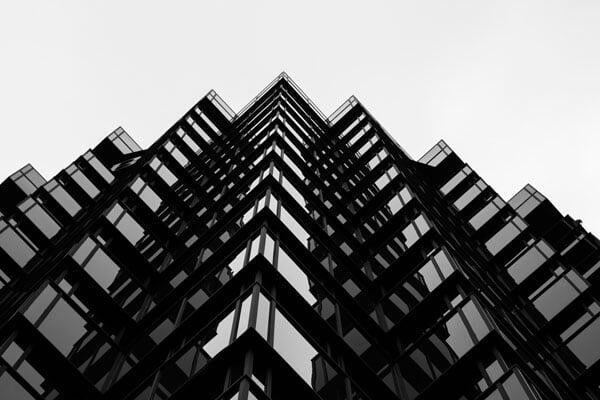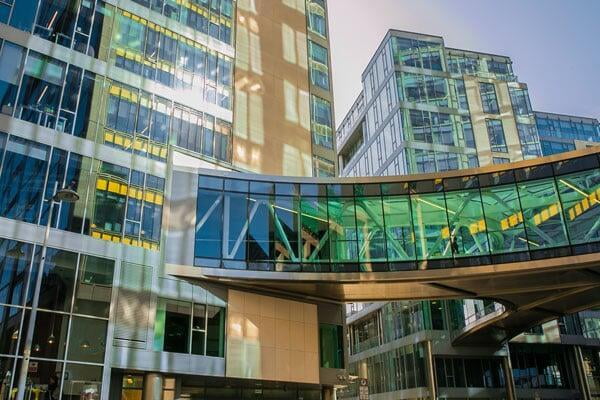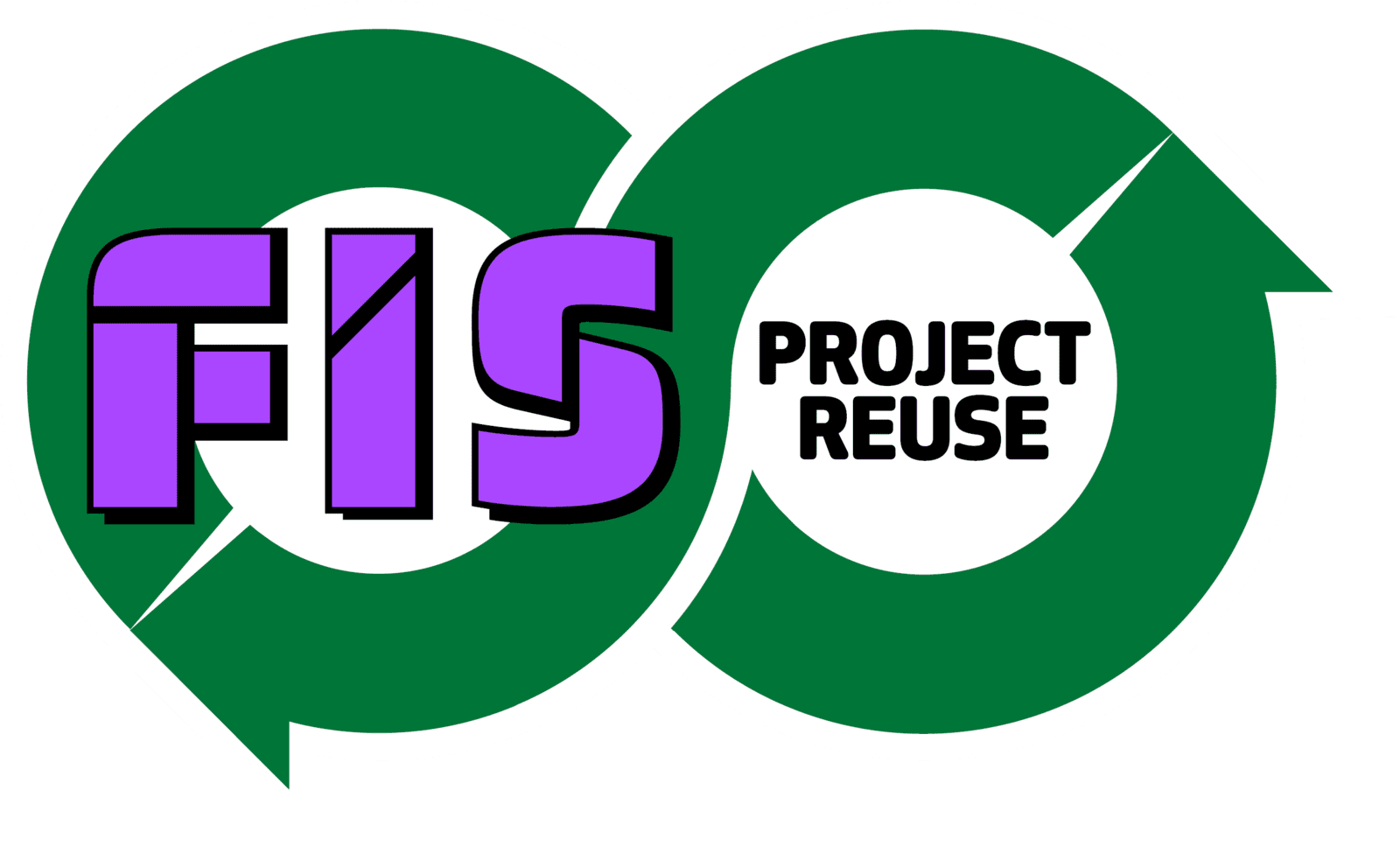
Project Reuse
FIS
Project Reuse
An ambitious initiative to rescue lights and other products removed from strip-outs has won a Build Back Better GREEN Award in the 2025 lighting category.
An ambitious initiative to rescue lights and other products removed from strip-outs has won a Build Back Better GREEN Award in the 2025 lighting category.
Project Reuse from the Finishes and Interiors Sector is designed to reduce the environmental impact of the sector and embodied carbon emissions and waste.
The FIS is a trade association with over 600 members (manufacturers, distributors, contractors and installers) operating in the fit-out sector. Over 80 pre cent of the work of its members is delivering the renovation of existing buildings.
Buildings are typically refitted every five to seven years, with a trend to shortening commercial leases suggesting it is becoming more frequent in large cities, such as London.
This work generates large amounts of waste (some studies suggest 300 tonnes of waste to landfill daily), vast amounts of carbon (after four fit-outs, the embodied carbon per square metre is larger than the kgCO2eq/m2 of the structure) and also requiress large quantities of primary resource extraction.
To make things worse, when a tenant leaves, they are required to strip out the space. The landlord then installs a short-term, speculative Cat A fit out to attract tenants. The tenants then strip out products from the Cat A fit out to install their final finishes.
Products like light fittings are often victims of this transition as there is little thought given to what is already in the space.
The FIS Sustainability Leadership Group started to explore the need and opportunity to re-use products from existing buildings into new projects, transferring ownership from business-to-business.
While there is an established market for products to be reused in the third sector such as social housing and schools, this is limited. The re-use of products is logistically challenging and has programme, risk and commercial considerations.
FIS Project Reuse is addressing this by looking at how we can standardise, normalise and industrialise re-use in the fit-out sector, making re-use ‘business as usual’.
By offering a storage solution combined with a logistics offer, FIS is facilitating the re-use of carefully selected products. Based on real-world experience of overcoming the obstacles, FIS will write standards and guidance that will be open-source, with all findings published.
An interesting example is an office refurbishment project which had intended to dispose of 500 luminaires that had only been installed for a few months. Project Reuse coordinated with the manufacturer to refurbish them ready for reuse on two to three new fit-outs. Partnering with the project gave the manufacturer and contractor confidence to explore the remanufacturing process.
The project has been crowd funded for the first 12 months, supported by a group of thought leaders representing architects, contractors, installers, manufacturers and sector leads.
Supporters of the scheme include Reusefully, Ambit-Moat, Lumybel, Blackstone Strip Out, Workplace Futures Group, tp Bennett, Space Interior Systems, SAS, Recolight, Overbury and BPC Interiors.

